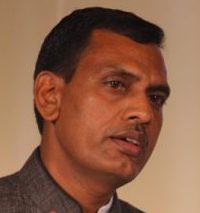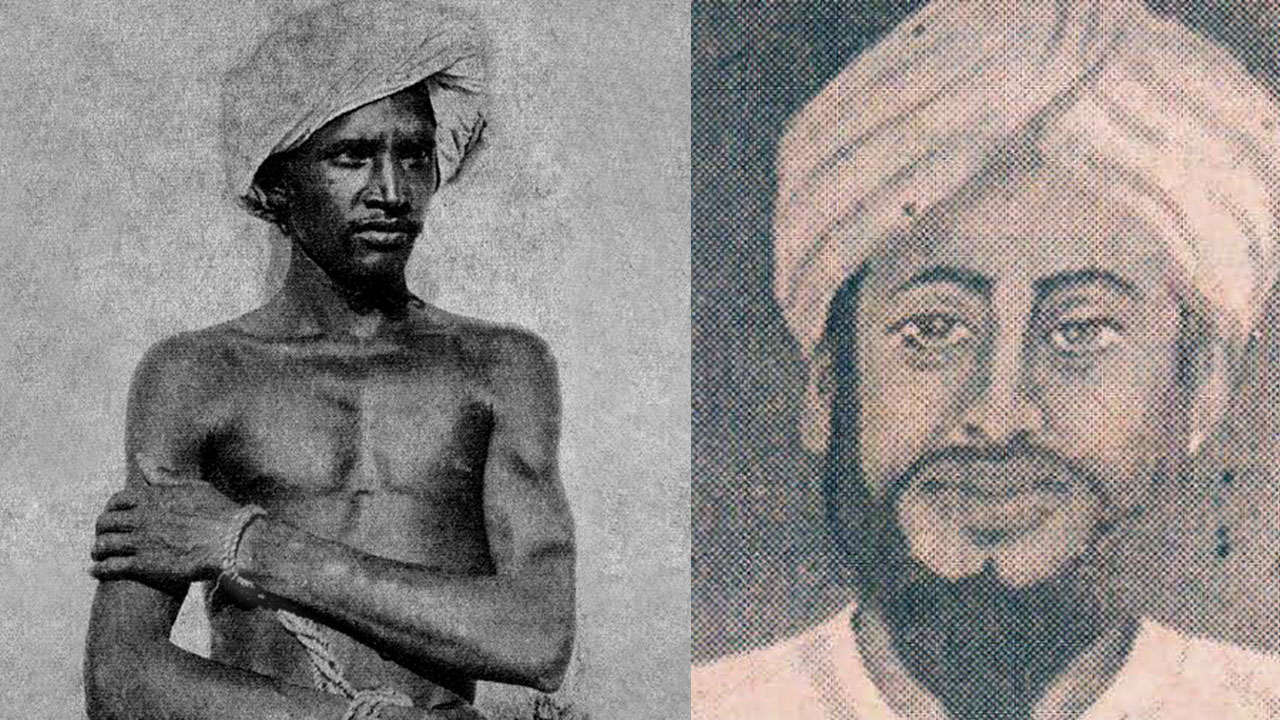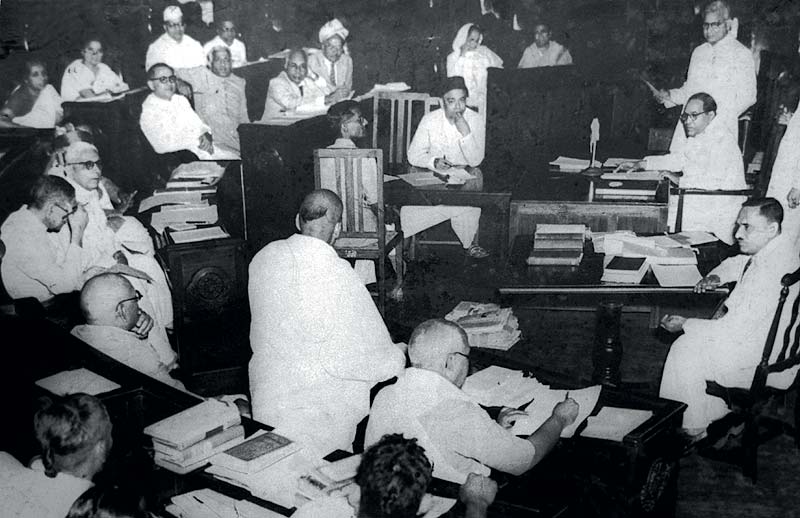Bhagat Singh, all of 23, and his associates Rajguru and Sukhdev were hanged by the British colonists on 23 March 1931. Three years before his hanging, in June 1928, Bhagat Singh’s article appeared in a newspaper called Kirti under the penname “Vidrohi”. That article, subsequently, was republished under the title “Achhoot Samasya”. The contents of the piece indicate that ideologically, Dr Ambedkar and Bhagat Singh had meeting points.
About The Author

Bhanwar Meghwanshi
Author, journalist and socio-cultural activist Bhanwar Meghwanshi is the editor of Shunyakal.com. His autobiography ‘Main ek Karsewak tha' is about his early days as a Rashtriya Swayamsevak Sangh (RSS) worker and how he left the organization and became its staunch critic. The English translation of the book was published recently under the title ‘I Could not be Hindu’.




